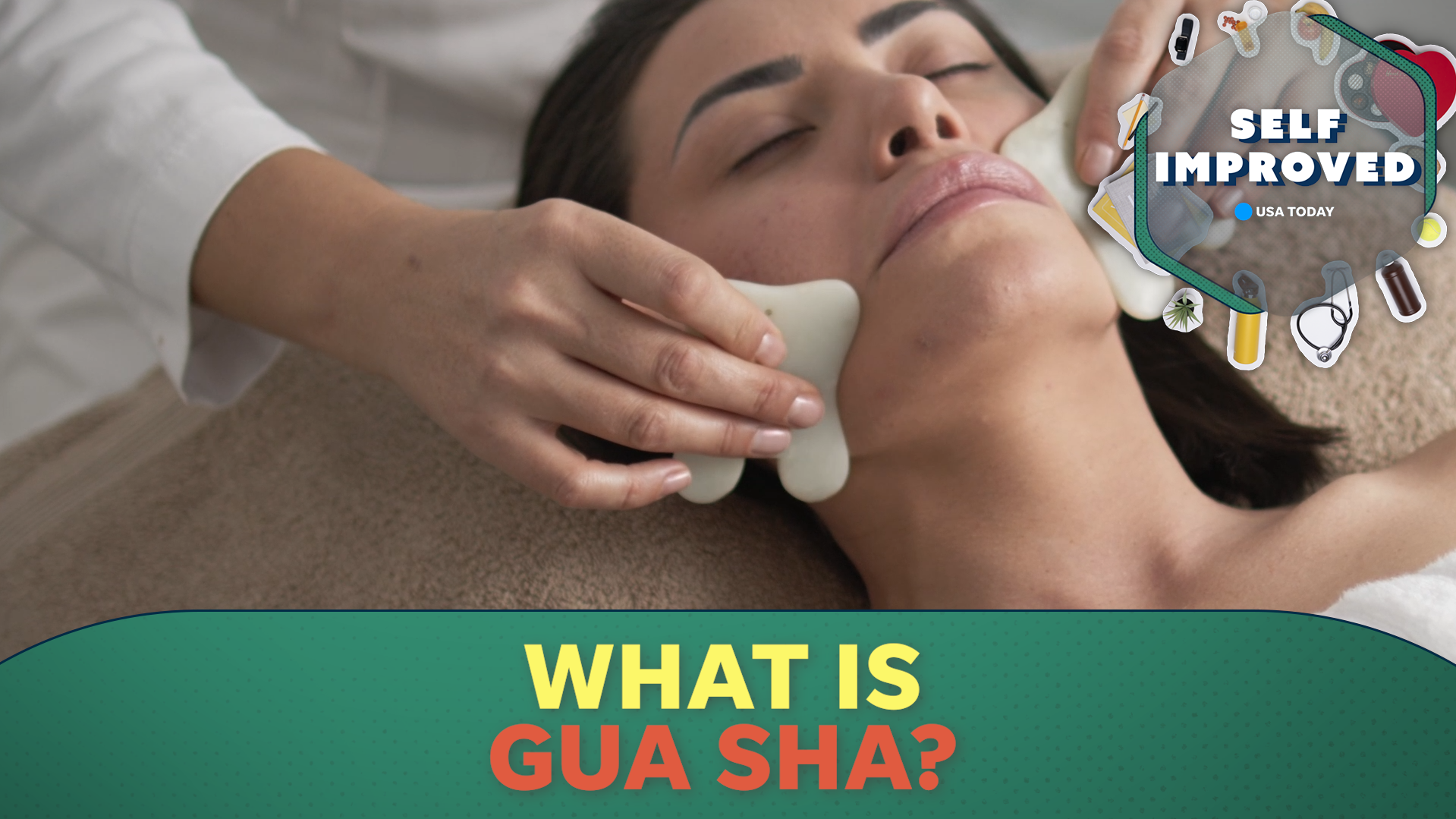You should be moisturizing daily. Here's how to pick the best moisturizer for your skin.

Skincare routines can feel complicated. But moisturizing is one step nobody should be skipping, dermatology experts say.
"For the average person, I tell them to keep it simple," board-certified dermatologist Dr. Mansha Thacker tells Paste BN. "Wash, a treatment and then a moisturizer."
Regardless of how many (or how few) skincare products you're using, moisturizer should be the final step, Thacker notes. Here's how to make sure you're using the right one for your skin.
What is the best face moisturizer?
Choosing the best moisturizer isn't a one-size-fits-all process, experts say. But when you're looking for the best one for you, it's important to keep in mind that moisturizer serves two main purposes in a skincare regimen.
The first is to lock in any serums, exfoliants or other products that serve to correct a specific issue. "It's like the icing on the top, sealing it all in," Thacker says.
Washing your face and adding other products can also be a little irritating or drying to the skin, so finishing things off with a moisturizer helps to ensure you "don't wake up with red, flaky, irritated skin," she adds.
In the mornings, that moisturizer should either include SPF or be supplemented by a separate sunscreen. Harvard Health recommends a non-spray sunscreen with an SPF of at least 30.
"It's personal preference," Thacker says. "I just feel like it eliminates a step in the morning, it makes it easy, to have a moisturizer that also has SPF."
How do I choose the right moisturizer for my face?
Depending on whether your skin type is oily, dry or a combination, there are different options for the best moisturizer. But regardless of skin type, everyone should be moisturizing.
"There's often a myth that people with oily skin don't need a moisturizer, which is not true," Thacker says. "It's just that you maybe need a moisturizer that's more mattifying or not as greasy."
For those with oily skin, a gel-based moisturizer is great at absorbing without making your face look greasy, she says. Those with dry and/or sensitive skin are better off opting for creams or lotions, and in particular, ones that don't have a strong fragrance.
And unlike other types of skincare products, you'll know pretty quickly if the new moisturizer you're using is right for you, Thacker says.
"You'll know as early as a week if it's working for you or not," she says. For other products, such as retinols, it might take four to six months to push past breakouts and see if it's actually making your skin better.